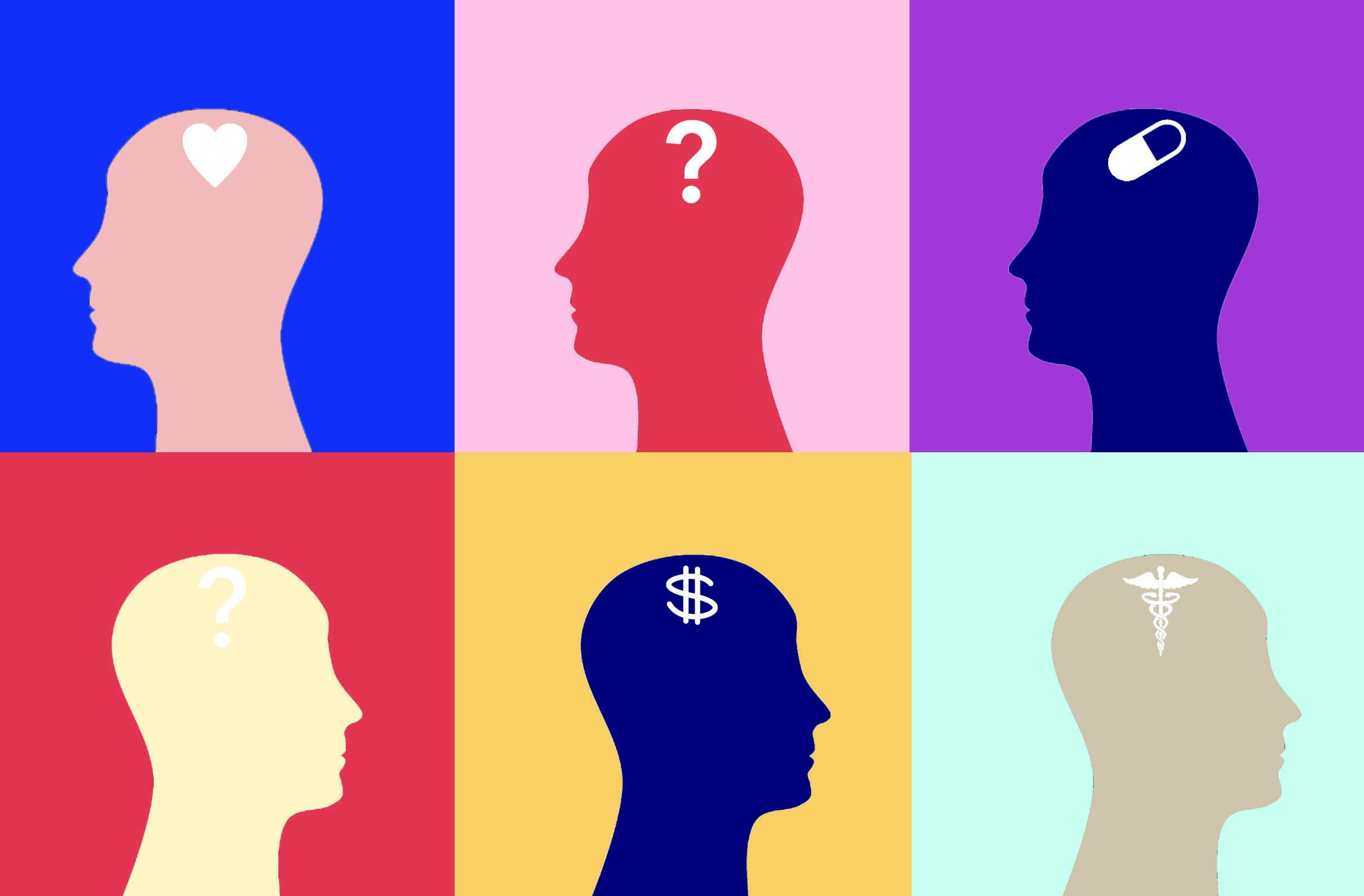Shortage of mental health care resources impacts quality of care received by patients
By Tracy Chan and Cindy Ng
She always felt there were people stalking her and plotting to harm her. She could hear a man’s voice persuading her to kill herself. She constantly talked to herself out loud. Her mother took her to a hospital and she was diagnosed with schizophrenia.
That was more than 30 years ago and now Florence, who does not want to disclose her full name, has regular follow-up consultations in public hospitals and takes antipsychotics to control her schizophrenia symptoms. Although the prescribed drugs have significantly relieved her symptoms, she suffers from some side effects, such as slightly trembling fingers and occasional eye-rolling.
Florence, who is in her mid-50s, is one of the 44,850 diagnosed schizophrenic patients in Hong Kong who are in contact with public hospitals’ psychiatric services. According to the Hospital Authority, there are 195,000 people in Hong Kong who have been diagnosed with mental illnesses and have used the authority’s psychiatric services.
Mental illness includes a wide range of conditions that diminish one’s ability to cope with the ordinary demands of life – disrupted thinking, feelings, moods, relationships and daily functioning. In Hong Kong, common mental disorders are affective disorders like anxiety and depression and severe mental illness such as schizophrenia.
Seeing the prevalence of mental illness in Hong Kong, the Hospital Authority has increased mental health expenditure from 8.2 per cent of total health expenditure in 2007 to 8.7 per cent in 2012. But the ratio of mental health professionals to mental health patients remains low, far behind that found in other developed economies.
The shortage of personnel has a knock-on effect on the time allocated to each patient. Dr Arthur Mak Dun-ping, associate professor in the Department of Psychiatry at the Chinese University of Hong Kong, says doctors have to meet nearly 30 patients in an afternoon on a daily basis.
Mak says that when he describes this situation in meetings with psychiatrists from other countries, no one believes him. “They think this is India. It is only acceptable to have 30 cases if this happens in a third world country,” Mak says. He says doctors in the United Kingdom only deal with five cases in one afternoon.











































